Here's what Elon Musk could've bought for $44 billion instead of Twitter
If you could stack $44 billion in $100 bills, it'd be 30 miles high.
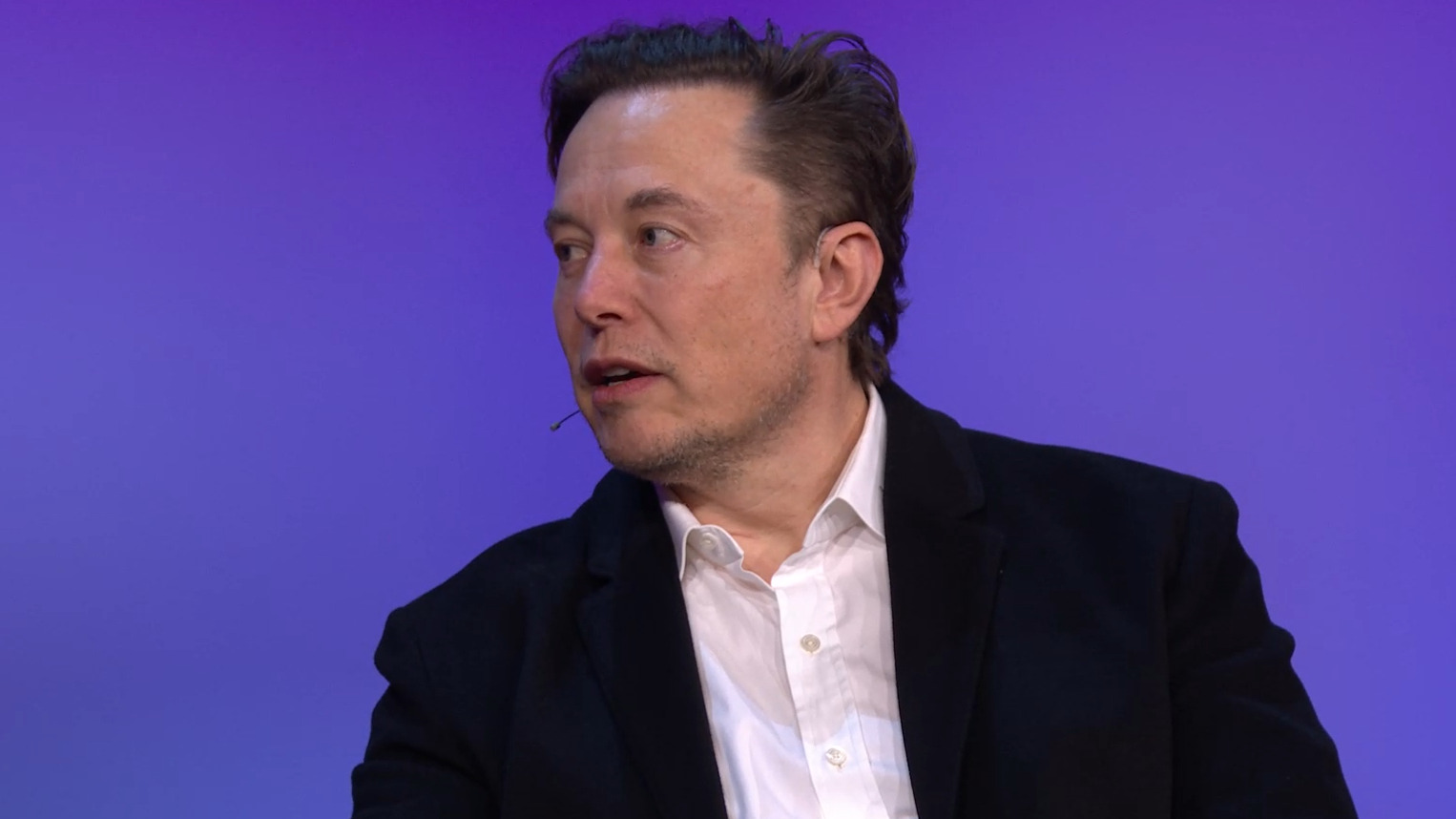
Elon Musk, the world's wealthiest human and protagonist of our simulated universe, has reached an agreement to buy Twitter for $44 billion. It's one of the biggest deals in tech history, with potentially massive consequences for online discourse.
But it's also an opportunity to reflect on the frankly ridiculous amount of money involved in this historic transaction. 44 billion U.S. dollars is impossible for most of us to comprehend. Withdrawn in $100 bills, it'd weigh 440 metric tons. And if you could put all of those bills into a single stack, it'd be 30 miles high.
It's a ludicrous quantity of cash that could've been put to a whole host of other uses, some more practical than others. So let's take a look at what Elon Musk could've put his Twitter stash toward instead of spending it on the angry social screaming app.
5.17 million maxed-out Mac Studios

Instead of buying Twitter, Musk could have invested his cash in the latest state-of-the-art production rigs from Apple — the sale price would have bagged him 5,176,470 Mac Studios kitted out with the maximum possible hardware configuration. The top-tier Mac Studio features an Apple M1 Ultra processor with a 20-core CPU, 64-core GPU, 32-core NPU, 128GB of RAM, and 8TB of storage — perfect for posting tweets with tips for if "u need to lose a boner fast."
If Musk's microblogging demands more horsepower, his Twitter billions could alternatively fund 831,004 top-specced $53,000 "cheesegrater" Mac Pros, each configured with a 28-core Intel Xeon W processor and 1.5TB of RAM, but no wheels.
Based on 2020 census data, the Twitter cash would be enough to buy a top-spec Mac Studio for every resident of Chicago and Los Angeles, or a maxed-out cheesegrater for everyone in San Francisco.
Up to 11 Star Treks
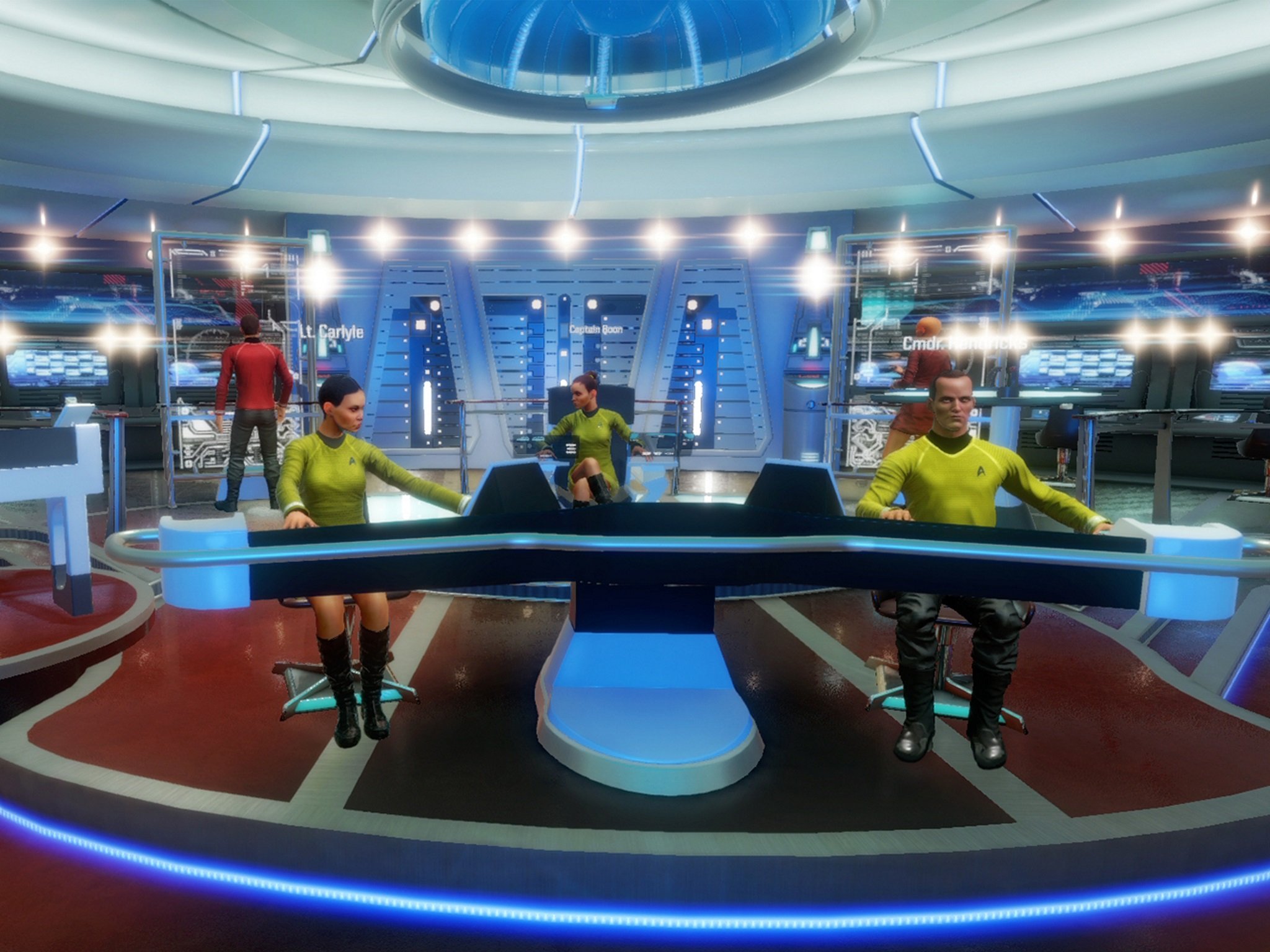
Unlike the actual in-universe USS Enterprise, which would cost almost half a trillion U.S. dollars to build according to estimates by Gizmodo, Elon Musk could have bought the Star Trek franchise itself up to 11 times over instead of purchasing Twitter just once. Estimates from the mid-2000s put the value of Trek at $4 billion, though that figure could easily be significantly higher given the franchise's recent renaissance. Still, it's safe to say $44 billion would be enough to buy Star Trek multiple times with plenty of change.
Be an expert in 5 minutes
Get the latest news from Android Central, your trusted companion in the world of Android
While Musk hasn't shown any interest in getting into the sci-fi content game — at least outside of doge/moon memes — Star Trek: Discovery did name-drop him alongside established historical greats back in its first season (though his name was uttered by a character who ultimately turned out to be a villain from a pseudo-fascist alternate universe). Meanwhile, Musk's frenemy Jeff Bezos was reportedly instrumental in Amazon Studios picking up The Expanse from cancellation in 2018, so there's recent history when it comes to space billionaires getting involved with popular sci-fi properties.
The world's most advanced aircraft carrier, times three
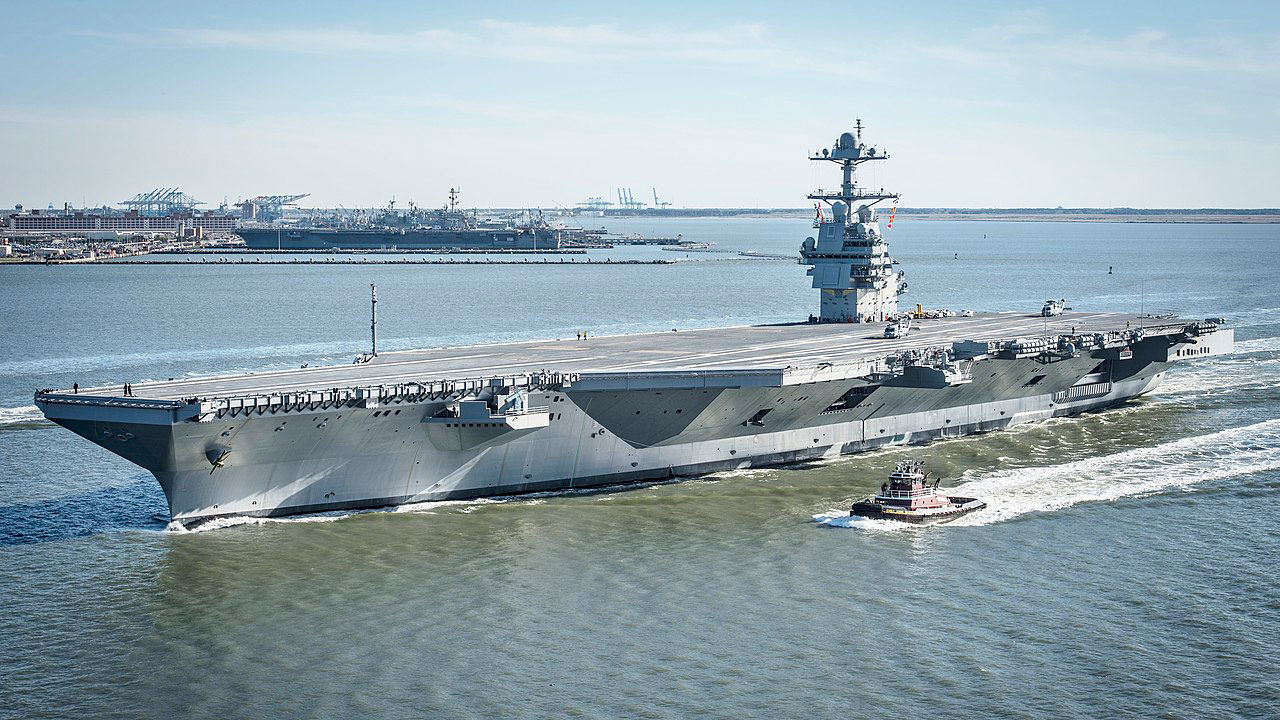
Instead of bringing Twitter Fleets back, as some have pleaded for, Musk could get started on his own naval force with the purchase of a trio of the U.S. Navy's latest aircraft carriers. Not counting crew — the fleet could be staffed by Teslabots, after all — the cost of the state-of-the-art nuclear-powered Gerald R. Ford-class carrier is just under $13 billion apiece.
Even after buying three of these fancy floating fortresses, Musk would still have a cool $5 billion to put toward jets or miniature submarines.
A Chromebook for every university student on Earth
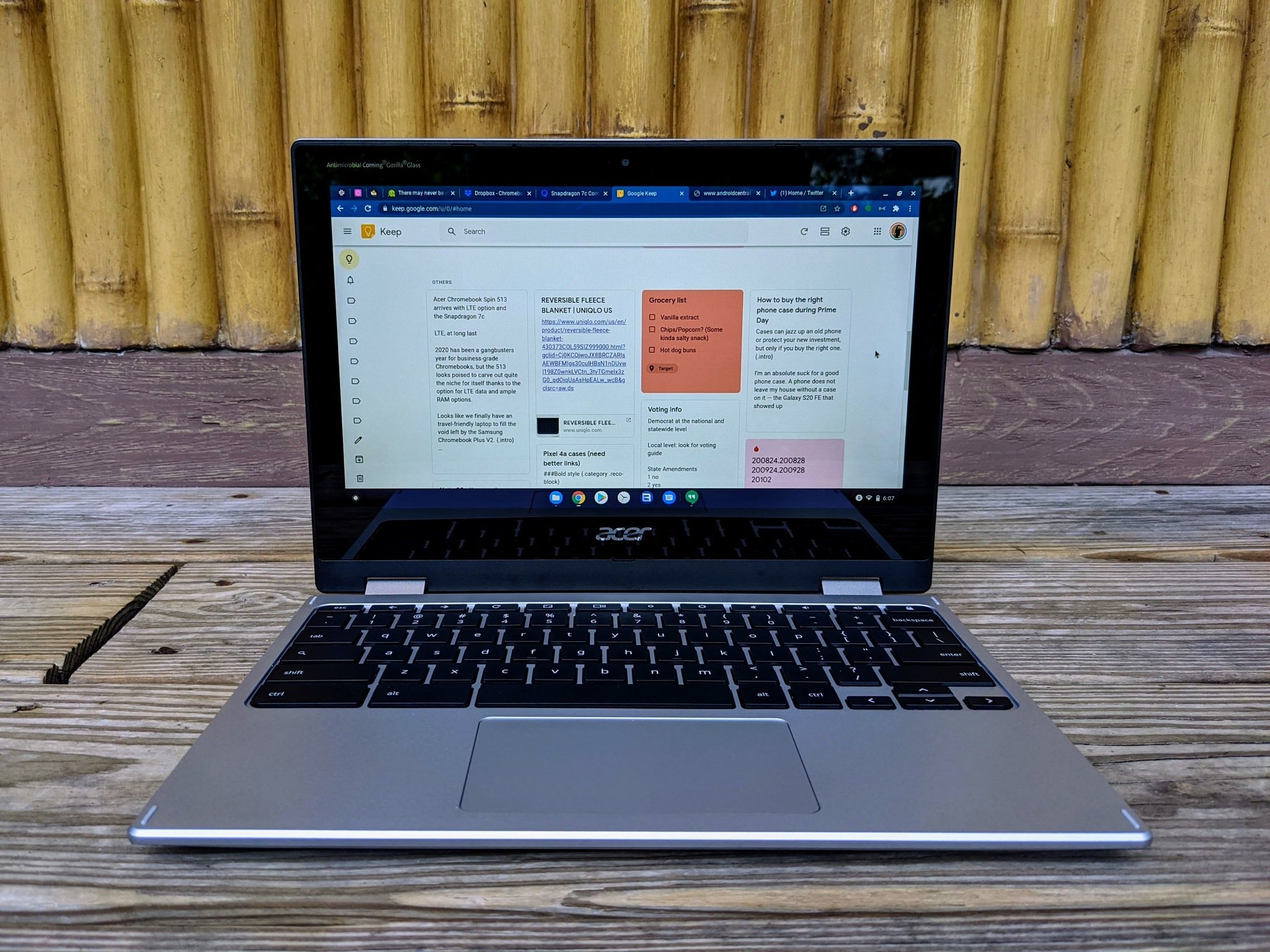
For $44 billion, the estimated 250 million university students studying around the world today could each get a basic Chromebook. The Acer Spin 311, rated 4/5 stars by Android Central, retails for $175. Sure, it's not the very best Chromebook around — with an 11.6-inch touchscreen, a basic MediaTek SoC, 4GB of RAM, and 32 or 64GB of storage — but for everyday studying, it does the job admirably.
Elon Musk's Twitter fund could supply each of the world's college students with such a Chromebook and still have $250 million left over to spread around for party supplies.
14 actual spaceships
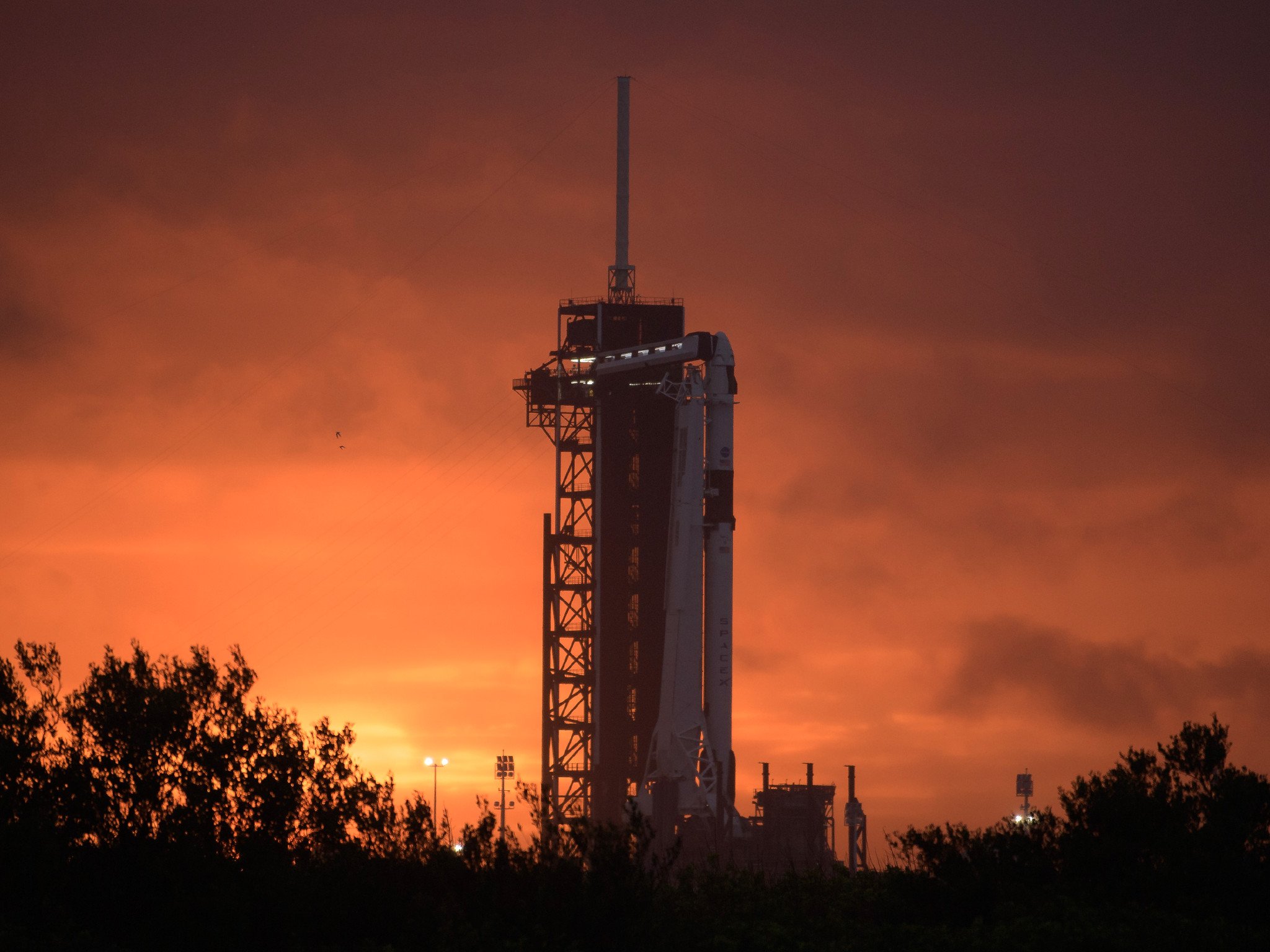
Next year, Blue Origin, owned by Musk rival and second-richest human Jeff Bezos, is expected to conduct the first flight of its New Glenn rocket. The vehicle, which will carry satellites and eventually wealthy human tourists into orbit, has reportedly been funded to the tune of $2.5 billion by Bezos himself and $500 million by the U.S. Space Force.
Development costs for Musk's SpaceX Starship are reportedly close to that combined $3 billion figure — and in 2021 NASA gave SpaceX $2.9 billion to develop a version of the ship for future moon missions.
That means if Elon Musk was to deploy his Twitter billions toward a similar goal, he'd have funding for around 14 shiny new spaceships (and still have a few million left over to attempt to launch them).
366 million years of Netflix
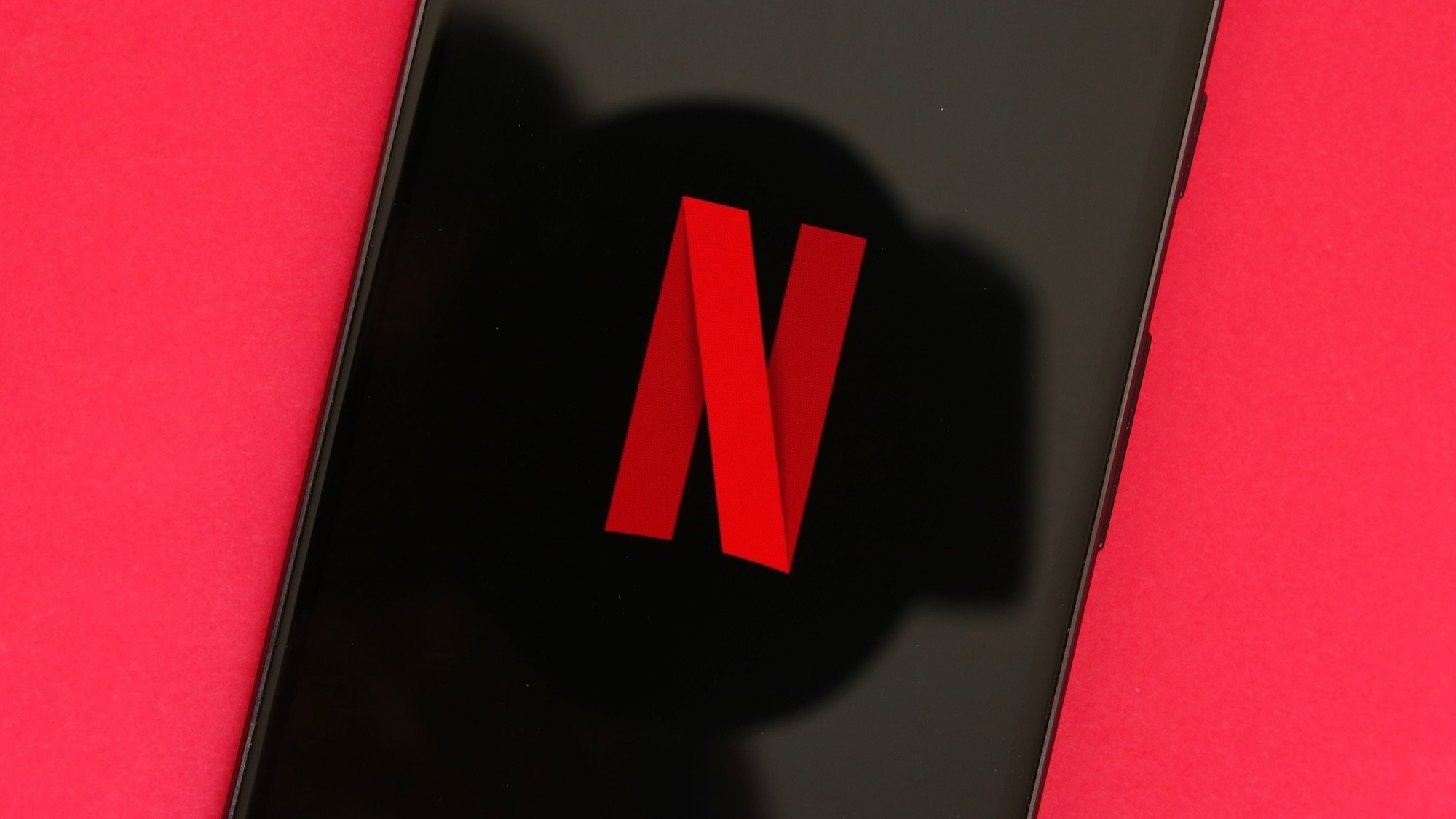
Netflix recently caught some flak for its plans to crack down on illicit account sharing and raise subscription prices. However, assuming no further price hikes are on the cards for the remainder of the current geological era, Elon Musk could enjoy a further 366 million years of Netflix. That'd be plenty of time for him to enjoy the service's estimated 38,000 hours of content in basic SD quality — either in human form or as an AI-augmented being in the coming eons.
Musk's mere $44 billion likely wouldn't go far enough to buy Netflix outright — the streaming giant has a market capitalization of over $90 billion at the time of writing. But he could easily finance some of Netflix's priciest output. Stranger Things, for instance, reportedly costs $30 million per episode as of the latest fourth season — Musk's 44 bill' could fund the show up to season 187, debuting in the early 2200s.
Big money, big prizes
The insane sale value of Twitter underscores its significance in our digital world, and the power that ownership of it ultimately bestows. Elon Musk's enormous wealth means almost no possession — be it a physical thing, a company, or a service — is out of reach. Musk could've funded 5 million fancy Macs, three fancy boats, a quarter billion Chromebooks, or more than a dozen spaceships. But instead, he bought Twitter.
Worth it? Let us know in the comments.

Alex was with Android Central for over a decade, producing written and video content for the site, and served as global Executive Editor from 2016 to 2022.
